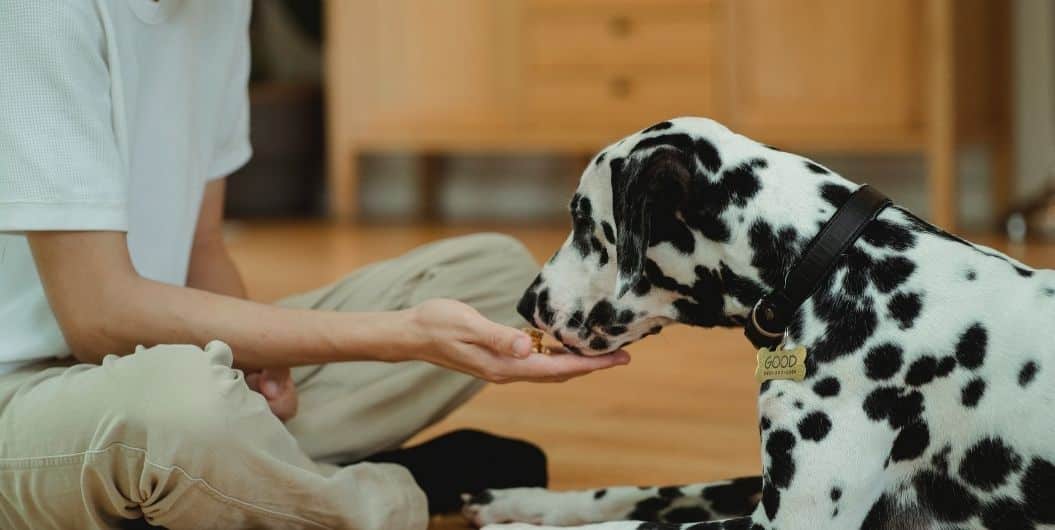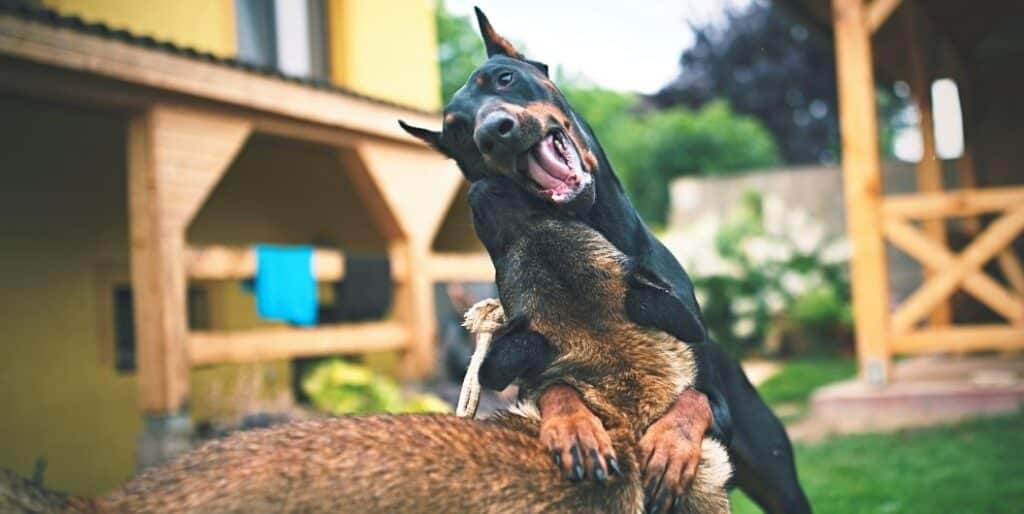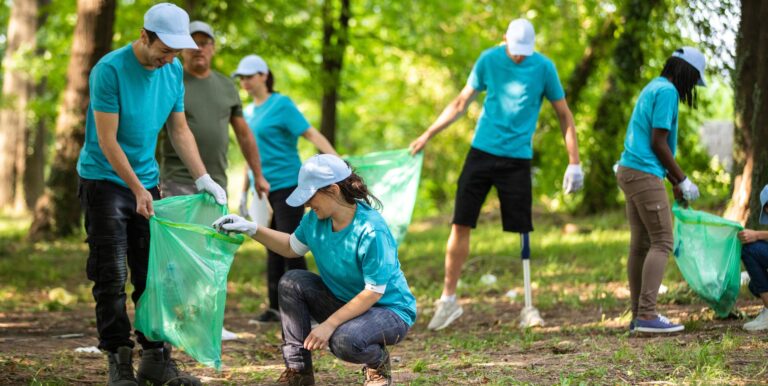What Should I Know About Adopting a Rescued Dog?

Adopting a rescued dog is a highly rewarding process. Not only are you bringing a new pet into your household, you are also giving a second chance at life to an abandoned animal. However, it is also a very different experience from buying a puppy at the pet store. The rescued dog has had a previous life that you will probably never know. If you are taking home an older dog, it will already have developed a personality of its own. Some rescued dogs will be wary of humans due to unpleasant experiences in their past, others may be aloof toward people, because they have never been properly socialized.
Rescued dogs may come from a number of sources. Many are pets that owners were unwilling or unable to take care of any longer. Others are the unwanted products of puppy mills. Some were used as racing dogs and abandoned once they became too old, or if they were not fast enough. Still others were the victims of animal cruelty, such as dog fighting or live lure baiting, that were removed from the abusive environment.

Because of their diverse backgrounds, a rescued dog’s personality is not always easy to predict. If you have any concern about how a dog will act when it joins your family, you can always speak with the workers at the shelter who care for the dog. The best option would be to adopt a dog that has been living with a foster family for a while and who has learned how to behave indoors. Most rescued dogs take to home life very well and adapt quickly to living with a person or a family, as they naturally wish to please.
Some common behavioral issues that are often found in rescue dogs include possessiveness, housebreaking, unwanted chewing, and separation anxiety. These problems are more prominent in a rescued dog than in a puppy that have grown up with a family because of its need to survive under harsh conditions. The dog may have been underfed and developed food possession. It may have never lived indoors and never been house-trained. A rescued dog may become anxious when you leave the house for work, as it may have been abandoned by its family in the past. Most of these problems are easily corrected with proper training, time, and patience.

Many rescued dogs are not purebred dogs, although there are a large number of purebreds available as well. In fact, there are many breed-specific rescues that specialize in adopting out one breed of dog. For example, if you wish to adopt a greyhound, a greyhound rescue would be a great place to go to, since the workers there will be very familiar with greyhound characteristics, needs, and whether a greyhound would be suitable for your lifestyle. Breed-specific rescues tend to have more stringent adoption policies and you may need to sign a contract and undergo a home visit before adopting.
Some points to think about prior to adopting any dog, rescued or not, include the following. Will you have time to take care of the dog, provide it with enough exercise and food? Will you be home all day or gone most of the time? Who will take the dog out and allow it to relieve itself when you are not home? Will you be around for the first few days to help it adjust to its new environment? Will you be able to take care of this dog for the rest of its life, no matter what changes may occur in your own life? These are all important issues that should be considered before adopting a rescued dog.






